IMDEA Materials Institute has hosted the semi-annual meeting of the BIOMEND Doctoral Network, a Marie Skłodowska-Curie Actions (MSCA) Industrial Doctorate Network programme dedicated to training the next generation of researchers in bioabsorbable metallic endovascular medical devices.
The meeting gathered the network’s doctoral candidates (DCs) in Madrid, along with representatives from its 18 academic, industry, and clinical partner organisations.
According to BIOMEND Project Coordinator, Dr. Ted Vaughan from the University of Galway, the event served as an interim review of the project, allowing participants to engage in discussions on research progress, future plans, and technical training.
“This meeting is an important checkpoint for the BIOMEND Doctoral Network,” confirmed Dr. Vaughan. “We have all our doctoral candidates, beneficiaries, and associated partners here to present our progress to the (European Research Agency) Project Officer, but also to engage with each other and plan the next technical steps for the project.”
A key highlight of the meeting was the presentation session, where each of the doctoral candidates introduced their individual research projects. These projects span a range of topics related to the development of next-generation bioabsorbable metals for endovascular medical devices, with applications in both cardiovascular and peripheral interventions.
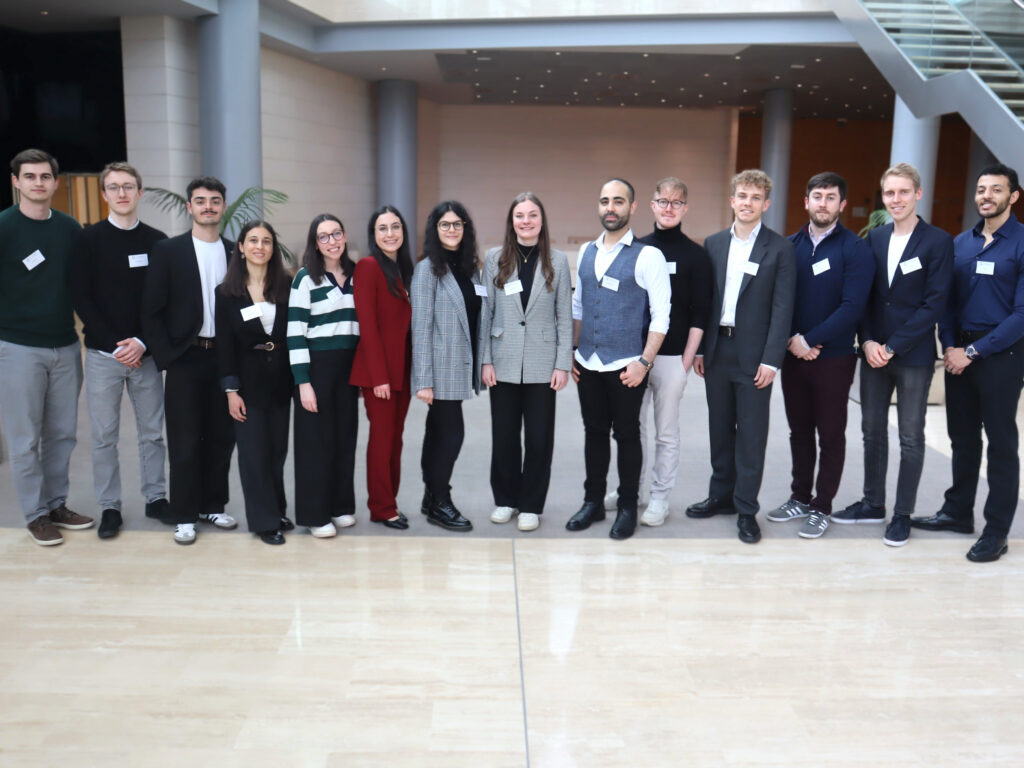
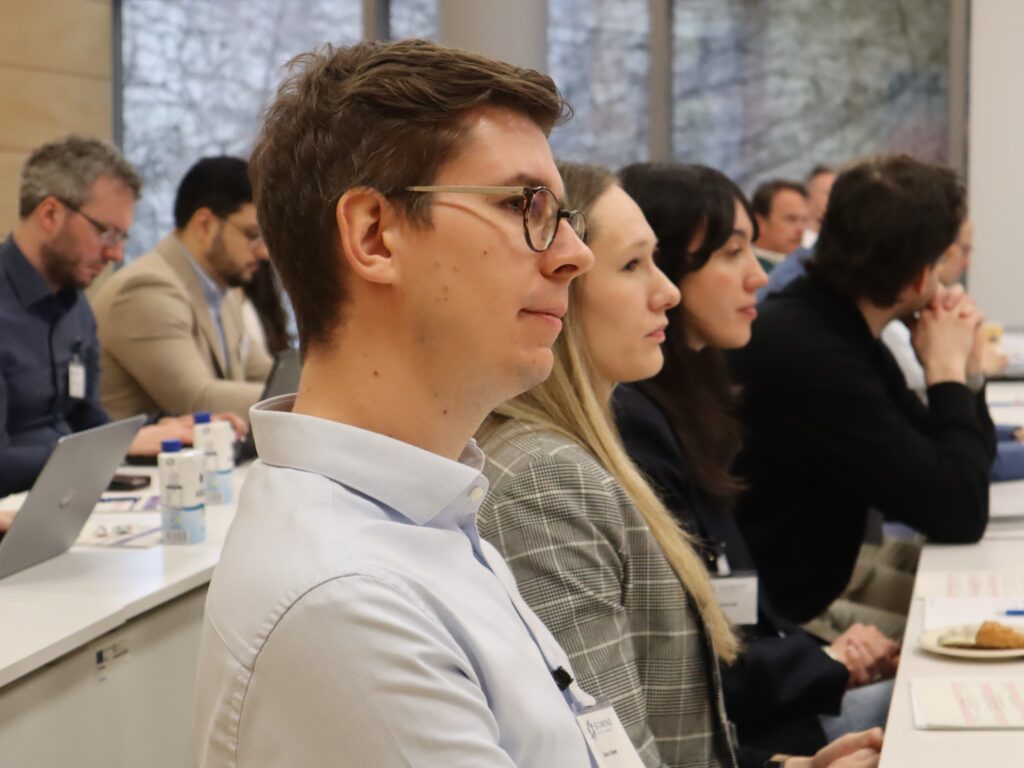
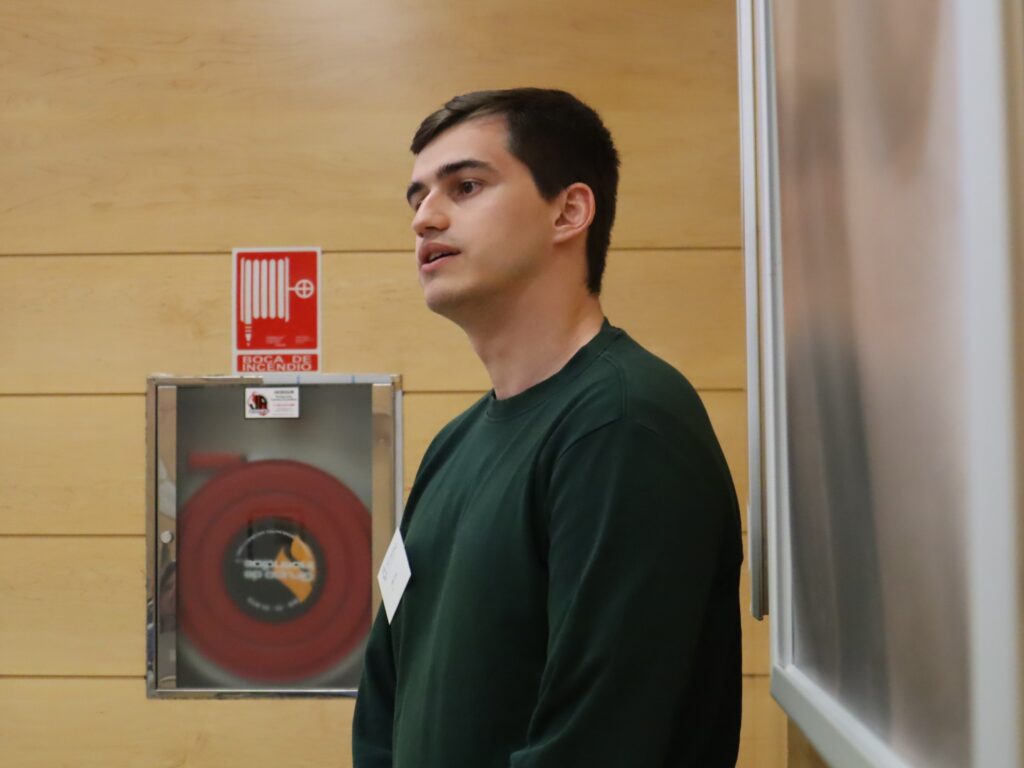
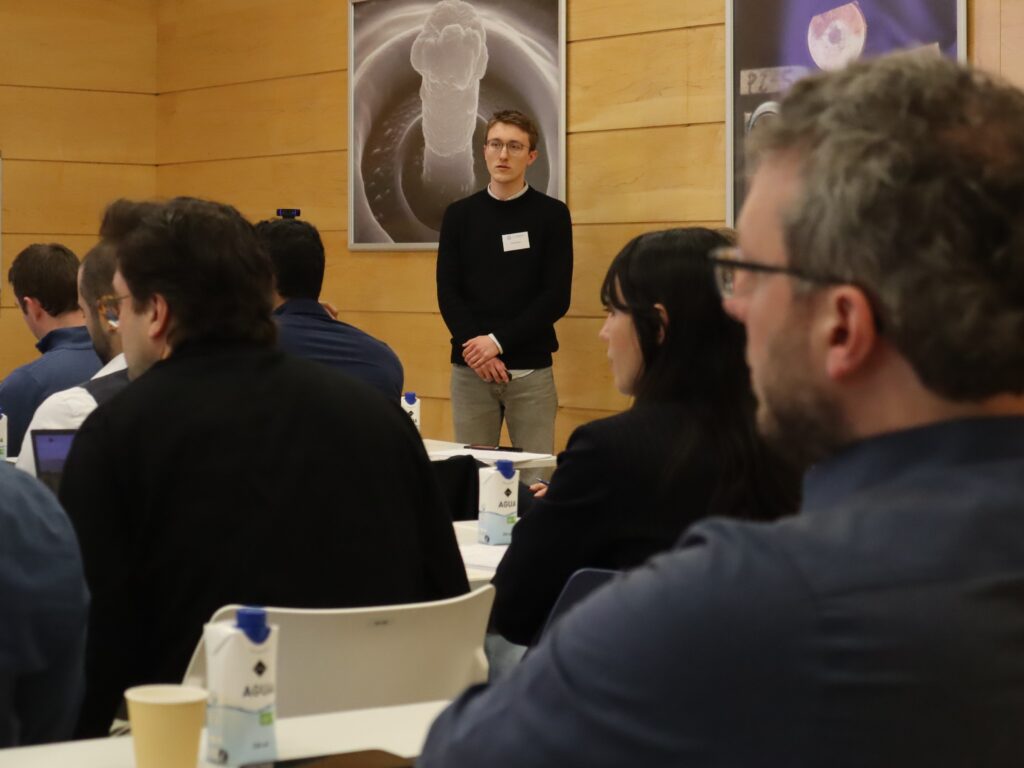
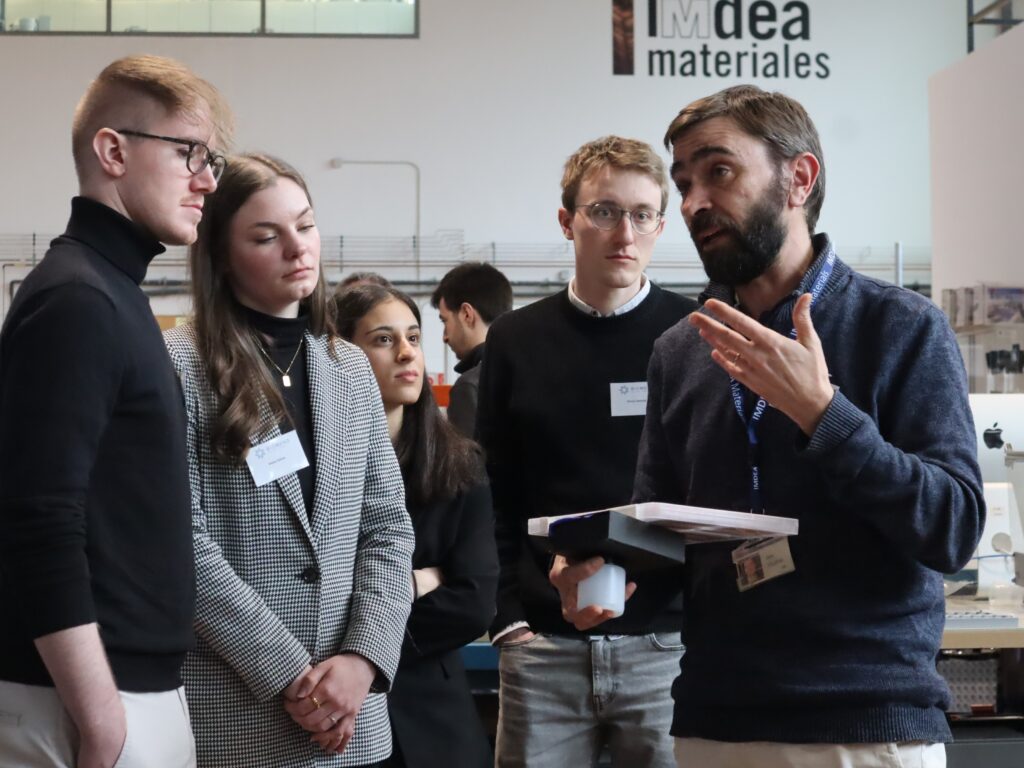
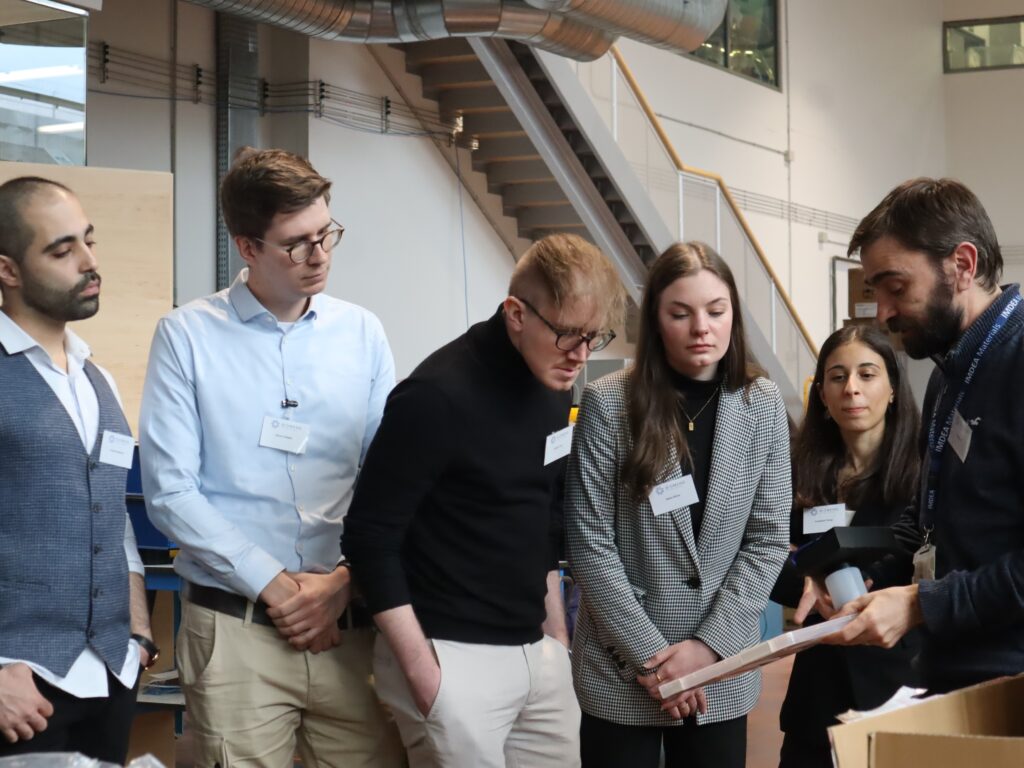
“When you write a proposal, you have a project concept and objectives, but it’s all on paper. Now, the students are actively working on it, facing challenges, and finding their own solutions. The project topics evolve to meet the needs of each student and ensure they can achieve their objectives,” said Dr. Vaughan.
Three of those projects will be carried out in collaboration between IMDEA Materials Institute and Meotec GmbH, and will be led by researchers Vittoria Squartecchia, Kiarash Mashoufi and Alex Mainguy.
The research vision of BIOMEND is to develop next-generation bioabsorbable metals for endovascular medical devices for both cardiovascular and peripheral applications.
Apart from these technological breakthroughs, the BIOMEND programme will make a significant scientific impact by developing novel magnesium and zinc alloys and establishing new structure-property-processing relationships describing their performance.
The remaining BIOMEND DC’s include Joao Cruz, Marius Thiel, Simon Schmidt, Diego Blunda, Jan Sygor, Alessandra Di Lorenzo, Maike Bittner, Mariana Rodrigues, Sean O’Connell, Amr Fathy Mohamed and Anastasia Panagi.
Beyond project updates, the recent meeting featured Work Package breakout sessions, fostering in-depth discussions on specific research areas. Participants also attended a technical training session on Intellectual Property, led by Alexander Kopp from Meotec GmbH, one of the industry partners in the BIOMEND Network.
Looking ahead, Dr. Vaughan emphasised that a key priority for the coming months will be materials production, as it plays a crucial role in the next phases of the project.
“Several doctoral candidates are working on processing magnesium and zinc alloys. By the end of the next six months, we hope to have a platform that will allow us to start designing medical devices, which many of the other doctoral candidates will be working on,” he explained.
The BIOMEND Doctoral Network, coordinated by the University of Galway, continues to provide a unique platform for early-career researchers to develop their skills and contribute to cutting-edge advancements in bioabsorbable medical technologies. As the project progresses, the network remains committed to fostering collaboration between academia and industry to drive innovation in the field. For more information about BIOMEND, visit: https://www.biomend.eu/
This Marie Sklowdowska-Curia Actions project has received funding from the European Union’s EU Framework Programme for Research and Innovation Europe Horizon (Grant Agreement No 101120006).

